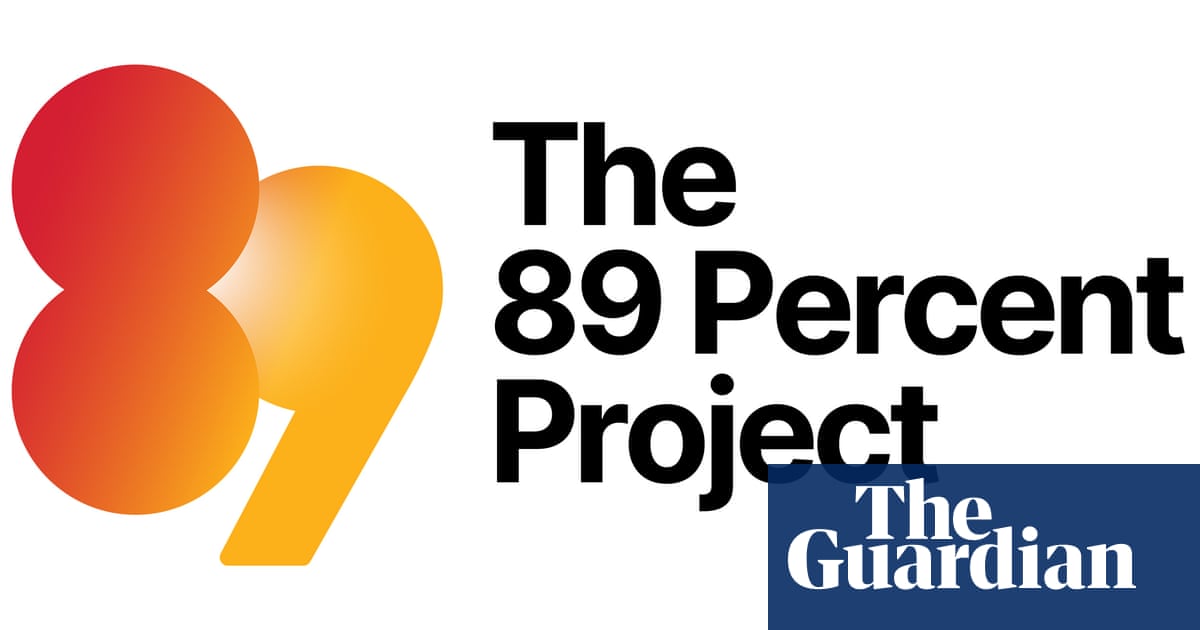Most of the world’s population wants stronger climate action. They just don’t realize that they are a majority
TruthLens AI Analysis
The article highlights the findings of a collaborative reporting project that reveals a significant majority of the global population desires stronger climate action from their governments. This initiative aims to address a crucial aspect of the climate crisis: the perception gap among citizens regarding their collective stance on climate action.
Objectives of the Reporting Project
The primary goal of this project is to inform and educate the public about the overwhelming support for climate action that exists worldwide, which is often underestimated by individuals who assume they are in the minority. This initiative seeks to break the “spiral of silence” that prevents people from voicing their opinions and can catalyze stronger climate policies.
Public Perception and Awareness
The article emphasizes that many individuals are unaware of the extent of their shared views on climate action. This lack of awareness can lead to a diminished sense of urgency and personal responsibility. By shedding light on the fact that 80-89% of people want stronger climate measures, the project hopes to embolden citizens to advocate for change.
Hidden Agendas or Information
While the article does not appear to hide information, it does focus on a specific narrative—that a majority exists but is voiceless. This framing could lead some to wonder if there are underlying agendas related to political or environmental organizations pushing for more aggressive climate policies.
Manipulative Aspects
The article could be seen as manipulative to some extent, especially if readers interpret the emphasis on public consensus as a call to action that pressures governments and individuals alike. The language used encourages readers to join the majority and engage in advocacy, which could be perceived as a form of social influence.
Credibility of the Information
The credibility of the information presented relies on the scientific studies mentioned, which underpin the claims about public sentiment. However, the article does not provide direct links to these studies, which could affect how trustworthy the claims appear to the reader.
Societal Impact
The implications of this article could potentially influence policy-making and public discourse, creating a greater urgency for climate action. If readers respond positively to this messaging, it could lead to increased activism and demand for policy changes.
Target Audiences
The content appears to target environmentally conscious communities, climate activists, and the general public who may feel disillusioned by the lack of action from their leaders. The goal is to mobilize these groups by reinforcing the notion that they are part of a larger movement.
Economic and Market Influence
In terms of economic impact, the article may encourage investment in green technologies and sustainable practices as public sentiment shifts. Companies focused on renewable energy, carbon reduction technologies, and sustainable products may see increased interest and investment as a result.
Geopolitical Implications
The article touches on a broader theme of global responsibility in combating climate change, which is a significant issue in international relations today. Countries that fail to act may face increased pressure from both domestic populations and international bodies.
Use of AI in Article Creation
It is possible that AI tools were used in drafting or editing the article, particularly to analyze data trends or summarize findings from studies. If so, the AI might have influenced the narrative's direction by emphasizing certain data points over others, creating a more compelling argument for action.
Conclusion on Reliability
Overall, the article presents an important perspective on public sentiment toward climate action. While it aligns with scientific findings, the framing and language used may evoke questions about its objectivity. The article is credible but should be read with an understanding of its persuasive elements.
